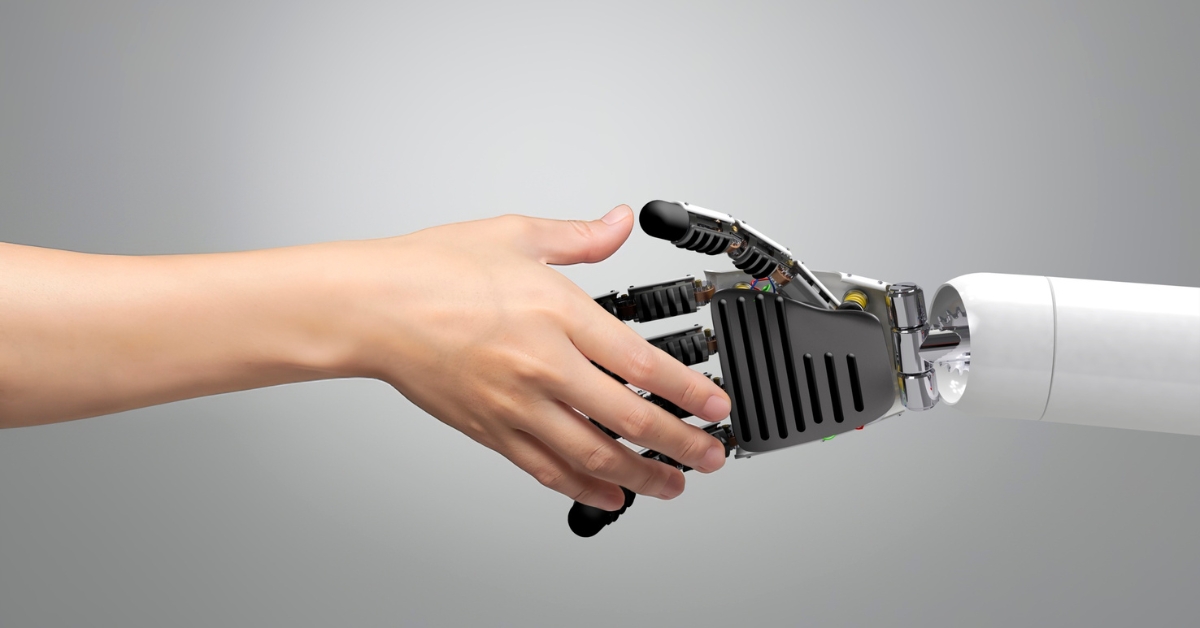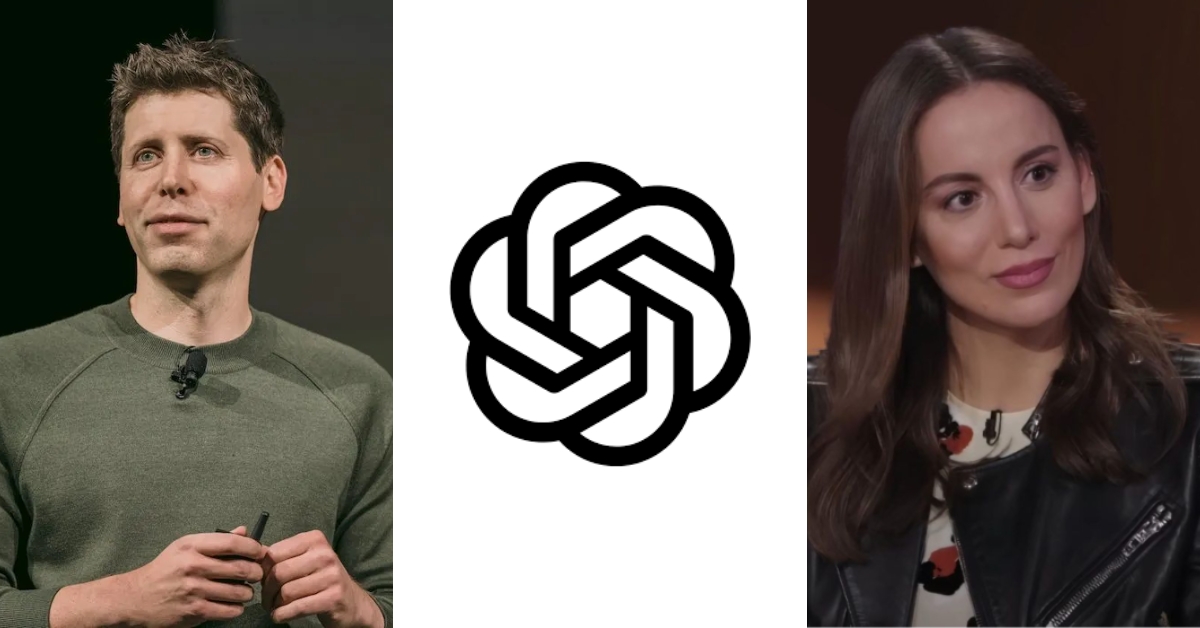As AI technology gains traction in classrooms, educators must navigate the ethical concerns surrounding its use and the implications for student learning.
Table of Contents
AI
The rise of artificial intelligence in education, particularly following the release of ChatGPT in 2022, has sparked significant debate among educators.
With students now having access to AI tools that can generate essays and responses, the question remains: How does this technology impact learning and ethical standards in education?
The Shift Towards AI Integration
As some schools begin to adopt AI tools like ChatGPT into their curricula—much like they have with Google and Microsoft Word—there is growing concern about the implications for student development.
Many educators worry that if students rely on AI for their writing tasks, they may miss out on essential skills such as critical thinking and effective communication.
The Nature of AI: More Than Just a Tool
ChatGPT and similar platforms are classified as large language models (LLMs).
These systems are not accurate artificial intelligence; they are sophisticated algorithms trained on vast amounts of text scraped from the Internet.
While they can produce text that mimics human writing, ethical questions arise regarding the copyright of the content used to train these models.
The concern is that using LLMs in educational settings may condone unethical practices, such as plagiarism.
The Risks of Relying on AI in Education
Integrating AI into classrooms comes with notable risks:
- Erosion of Critical Skills: Students may become dependent on AI, hindering their ability to develop independent thought and problem-solving skills.
- Loss of Human Connection: Relying on AI reduces students’ opportunities to engage with their peers and teachers, diminishing the collaborative aspect of learning.
- Academic Integrity Concerns: If students use AI-generated content, it raises questions about originality and the ethics of submitting work that is not entirely theirs.
The Importance of Human Interaction
Education is fundamentally about building connections and fostering personal growth.
Engaging with peers and teachers enriches the learning experience and cultivates a sense of belonging, crucial for students’ emotional and mental well-being.
While tools like search engines and word processors have enhanced learning, they require students to actively read, analyze, and synthesize information.
This active participation is essential for genuine understanding, in contrast to the passive consumption that AI can promote.
An Ethical Standpoint Against AI in Classrooms
Critics argue there is no ethical justification for incorporating AI into educational settings.
The technology’s origins in questionable practices and its potential to disrupt traditional learning warrant serious concern.
Students should be encouraged to cultivate creativity, critical thinking, and communication skills rather than relying on machines to do the heavy lifting.
Conclusion: A Cautious Approach to AI in Education
As society grapples with the rapid advancement of AI technology, educators must make careful decisions regarding its role in the classroom.
The focus should be on maintaining educational integrity, fostering human connection, and encouraging active learning.
While AI presents exciting possibilities, it is crucial to prioritize the development of essential skills that will serve students throughout their lives.
Ultimately, the question is whether we can and should use AI in education.
The answer lies in our commitment to nurturing a generation of thinkers, creators, and communicators who will shape the future.






